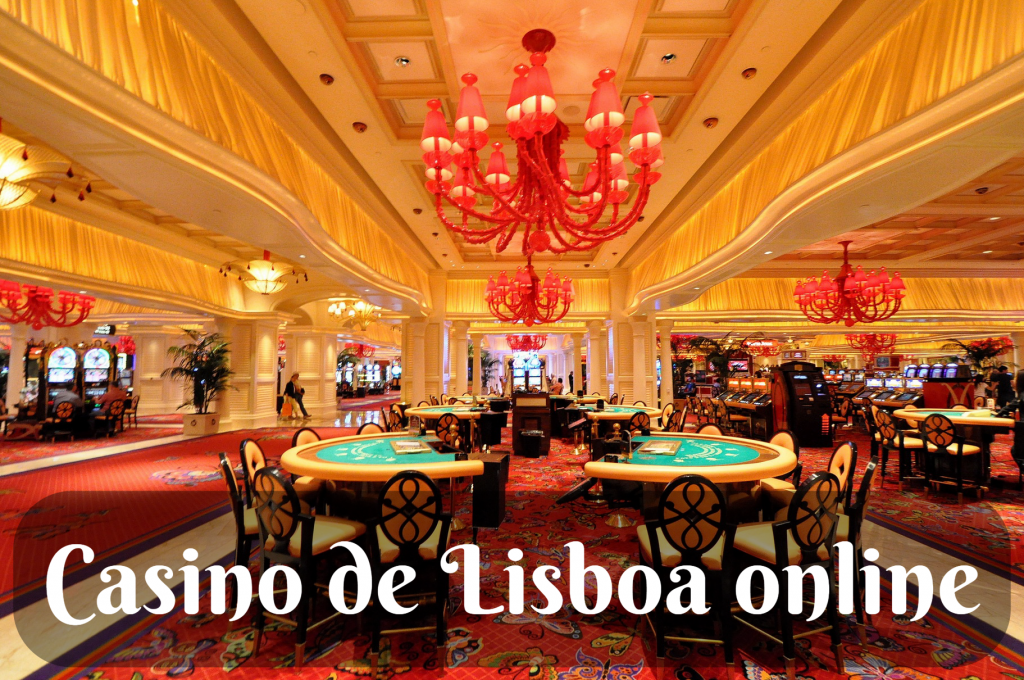
When we think of casino games, the initial images that frequently cross our minds are those of spinning roulette devices, card chips clattering on fabric surfaces, and dice rolling across a betting area. While numerous view these activities as simple hobbies fueled by chance, a more profound exploration reveals a fascinating blend of strategy, expertise, and social engagement that elevates them well beyond simple chance. Regardless of whether you are a experienced player or a inquisitive newcomer, understanding the subtleties of these activities can significantly enhance your experience and understanding.
Gambling activities have evolved over centuries, with various cultures contributing to their diverse backgrounds and variations. From the intricate strategies of blackjack to the bluffing tactics in poker, players engage in a contest of wits as much as a risk on numbers. This exciting interplay between chance and skill creates a thrilling atmosphere that draws countless people to gambling establishments worldwide. As we explore the realm of table activities, we will reveal the methods that can tilt the odds in your favor and the social elements that make these activities a favored choice for leisure and interaction.
The Strategy of Table Gaming
Table games often combine a mix of ability and luck, making them intriguing for players who enjoy a test. Each game has their unique set of guidelines and strategies that can affect the outcome. For example, in titles like blackjack, participants are required to use tactics like card counting and grasping the odds to make smart decisions. This skill set can greatly improve their victory potential, distinguishing seasoned participants from novices who may rely solely on luck.
Conversely, titles such as roulette may seem to be purely based on luck, but tactical thinking can also play into the equation. Participants can choose between different betting tactics, such as the Martingale system, where they raise their bets after a loss. This method can establish a more methodical way to the activity. Understanding the probabilities of specific wagers can also assist players make better decisions on the table, showcasing that even games of chance, tactics can enhance the enjoyment.
Furthermore, the game of poker is notable as a title that strongly emphasizes tactics. Unlike most casino titles, poker merges ability, psychology, and chance. Participants must not only focus on the cards they are dealt but also consider their rivals’ behavior and betting patterns. Mastering principles like position, pot odds, and interpreting bluffing is crucial for success. This depth of strategy in poker often creates to a more immersive encounter for players, as the decisions and skills significantly impact the match’s results.
Grasping Chance and Ratios
In the world of casino activities, probability and odds play a crucial role in deciding a player’s potential consequences. Every game has its own collection of rules that define how the chance of succeeding or failing is calculated. For case, in games like blackjack, participants have a chance to affect their ratios through strategy, whereas in matches like the wheel, the outcomes are exclusively dictated by luck. Grasping how these chances are measured can substantially affect how a gambler approaches the match.
Ratios are typically expressed in two forms: ratio and decimal. Fractional odds represent the proportion of the amount won to the sum bet, whereas decimal odds show the total return for a winning bet, including the initial bet. For example, if a game has ratios of 5 to 1, this means that for every one dollar staked, a player could gain five dollars if successful. Learning how to interpret these ratios allows players to assess their possible winnings and make more educated decisions during gameplay.
Players should also be conscious of the casino advantage, which is the casino’s inherent advantage over the gamblers. Each game has a distinct advantage, and understanding this idea is essential for handling one’s hopes and funds. Games with a reduced advantage, such as 21 and baccarat, typically offer better odds for gamblers compared to games like slot machines and lottery. By acknowledging the connection between probability, ratios, and the casino advantage, gamblers can improve their gaming experience and strategize more efficiently.
The Aspect of Table Gaming
Casino games at gaming establishments are often seen as a hub of social interaction, drawing players together in a collective experience that goes far beyond the mere act of playing games. The atmosphere at a blackjack table can be vibrant, with players engaging not only with the game itself but also with each other. Laughter, cheers, and, sometimes, playful teasing create connections that enhance the overall enjoyment of the gaming experience. This communal aspect can turn a solitary endeavor into a lively gathering, making table games particularly enticing.
One of the intriguing elements of gaming at tables is the way it cultivates friendship among players. Whether it’s collaborating to defeat the dealer at a craps table or sharing stories between hands in a poker game, the environment encourages interaction. Participants often share tips or strategies, creating a sense of togetherness that boosts the fun. This social dynamic can make new gamblers feel included and less intimidated by the competitive nature of casino games. 8OK As the game continues, friendships may form, leading to a sense of belonging that keeps participants coming back to the table.
Moreover, the social aspect of table gaming extends beyond just the participants. Dealers play a vital role in encouraging interaction and maintaining the flow of the game. Their ability to engage players with friendly conversation and their expertise in running the table can create an inviting atmosphere. This connection between participants and dealers adds another layer of enjoyment, where players feel bonded not only to one another but also to the staff. Such interactions are often what make the experience memorable, as players leave with tales to tell and connections made, reinforcing the notion that table games are truly about something greater than luck.